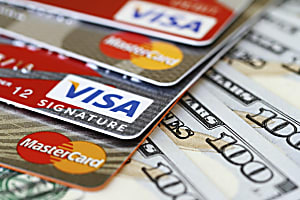BERLIN: Germany’s Social Democrats voted in favour of forming another government with Chancellor Angela Merkel’s conservatives, ending nearly six months of political limbo and setting Europe’s economic powerhouse on a path to the political stability it craves — at least for now.
The center-left Social Democrats overwhelmingly supported another coalition with the center-right Christian Democrats in a move that would keep Merkel, long considered a de facto leader of Europe, in the chancellery in Berlin for another four years, the party announced on Sunday.
Merkel, who is set for a fourth term, congratulated her future partners for what she called “a clear result,” and others in her party welcomed the news. “I look forward to working with the SPD again for the good of our country,” she said through her party’s Twitter feed.
But many predicted that the country, shaken by the prolonged uncertainty that followed inconclusive elections in September, would not be the same again. Both main parties received their worst postwar results in those elections.
By now, the “grand coalition,” as the tie-up is known, looks anything but grand: In polls, it no longer commands a majority. And the far-right Alternative for
Germany party, AfD, now the official main opposition in
Parliament, has been gaining momentum.
So unpopular was the prospect of another stint in government with Merkel that the Social Democrats had promised their 4,63,000 members a vote on the coalition treaty, effectively making them the arbiters of whether their nation of 82 million people would finally have a government. Some 78% of party members voted, of which more than 66% supported the new government.
The vote came four months after Merkel failed in her first attempt to build a coalition. It also came after Martin Schulz was forced to hand over the reins as leader of the
Social Democratic Party. The result means a new German government could be sworn in as early as March 14. The new administration, however, will lack the strength of its predecessor, formed after a similar nail-biting vote by the Social Democrats in 2013.
Parliament now includes lawmakers from seven political parties. With the SPD’s decision to enter the government, the AfD will now become the strongest opposition force in Parliament, a largely symbolic but important position that is viewed as providing a check on those in power.







All Comments ()+^ Back to Top
Refrain from posting comments that are obscene, defamatory or inflammatory, and do not indulge in personal attacks, name calling or inciting hatred against any community. Help us delete comments that do not follow these guidelines by marking them offensive. Let's work together to keep the conversation civil.
HIDE